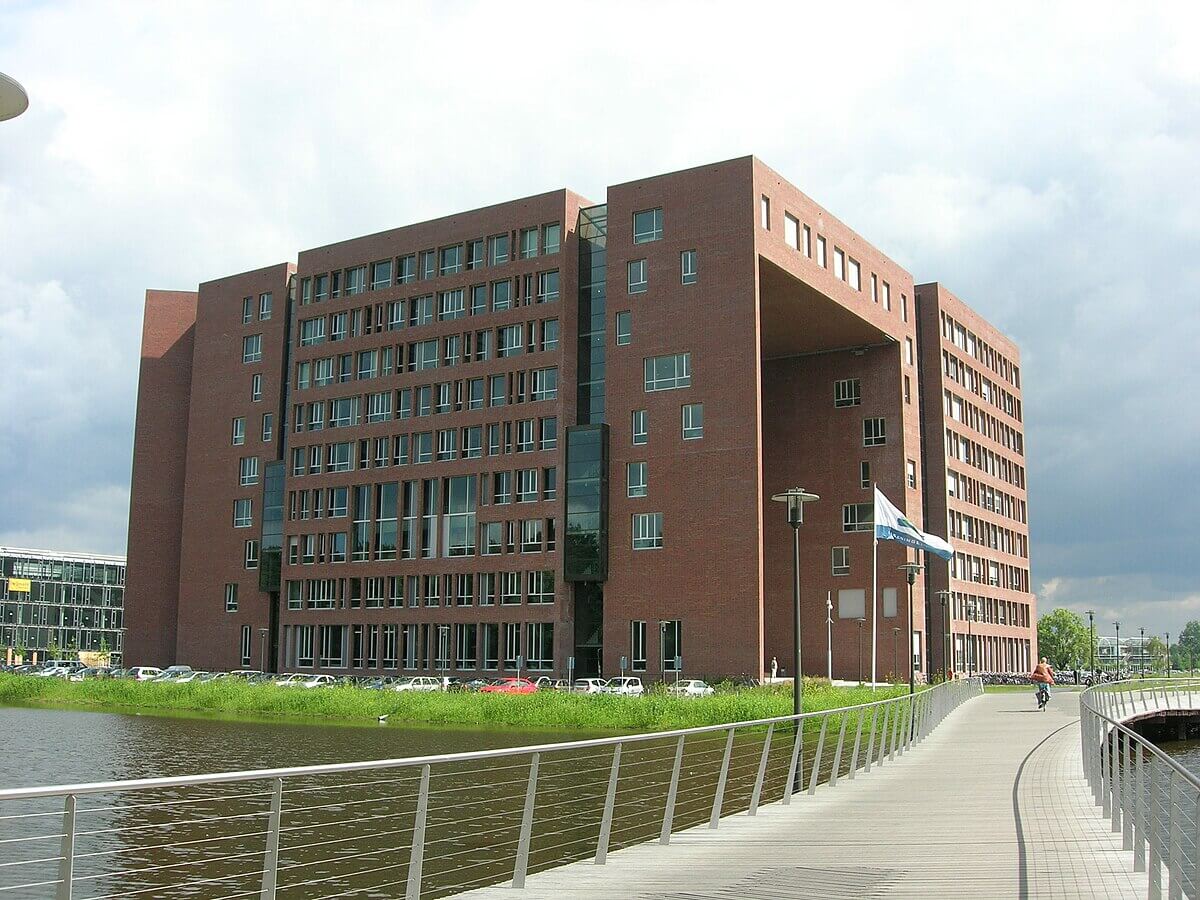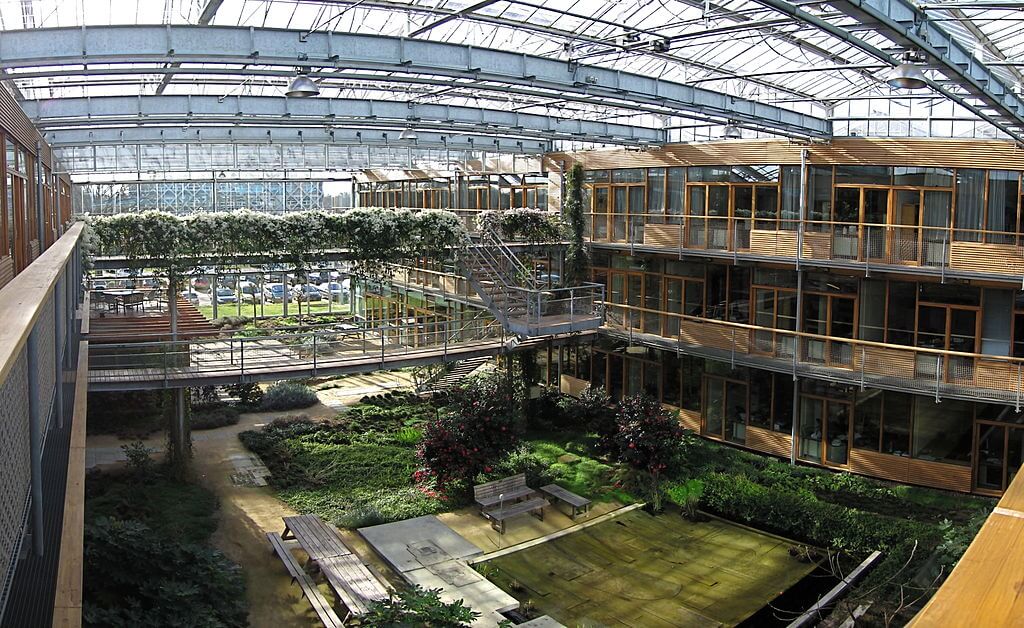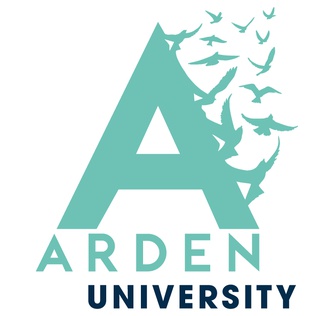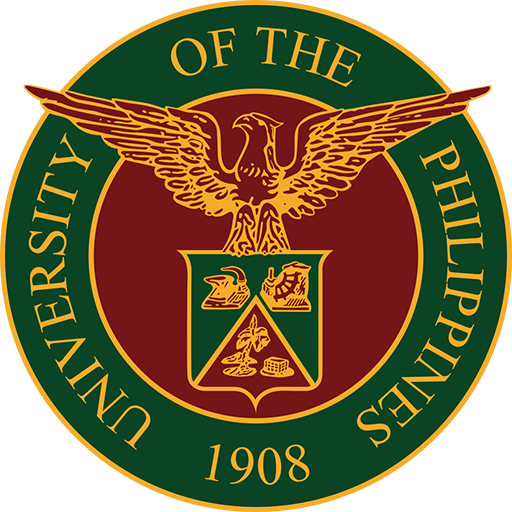If you enrol in the MLP programme, you join an academic, research-oriented group, where you learn to unravel planning processes or to develop creative designs founded on in-depth academic knowledge. As part of the programme, you plan, work, and reflect on your own research topic, supported and coached by experts from the professional field.
Depending on your personal ambitions, the MLP programme offers two different career tracks:
1. Professional: Here you focus on professional planning and design issues. You choose this track if your aim is to work as a reflective practitioner in the public or private sectors.
2. Research: Here your focus is research-oriented, for example if you intend to continue with a PhD after graduation, or if you intend to work as a landscape researcher.
Outline of the programme
The common courses for both specialisations (30 ECTS)
The following courses form the common part of the programme: Reflections on Planning and Design Practices, Landscape Theory and Analysis, Research Methodology for Planning and Design, and Atelier Landscape Architecture and Planning. These are combined with two modular skills training courses.
Reflections on Planning and Design Practices
Reflections on Planning and Design Practices offers historical and geographical comparative perspectives on planning and design practices. You learn about specific theories and about related concepts, methods and skills that together make up a toolkit with which you can critically observe and reflect on planning and design practices.
Landscape Theory and Analysis
Landscape Theory and Analysis enables you to understand and analyse landscapes from three different theoretical perspectives: Landscape as an object, landscape as a cultural construct, and landscape as an experience. You learn to connect these theoretical perspectives and the analysis tools you use in planning and design practice.
Research Methodology for Planning and Design
In this course, you are challenged to evaluate the adequacy of existing planning and design research methods for different research problems, and to reflect critically on their feasibility when addressing specific research questions.
Atelier Landscape Architecture and Planning OR Research Master Cluster: Proposal Writing
In the Atelier Landscape Architecture and Planning, you team up with students from many other disciplines in project groups to address real-world planning and design issues. The assignments you work on are extremely varied as they are set by clients from many different backgrounds, such as local or regional governments, NGOs or citizen groups.
You and your team explore the relevant information and interact with relevant stakeholders, transforming your ideas into elaborate designs and strategies for their implementation. Working as an interdisciplinary team allows you to view the information from different perspectives, and to translate this into an advice, often in the form of a design, on future actions for the client.
If you choose the programme’s research track, you will take Research Master Cluster: Proposal Writing instead of the Atelier Landscape Architecture and Planning. This course helps you acquire and/or improve your skills in writing and defending a scientific research proposal.
The specialisation courses (12 ECTS)
The two specialisations within the MSc programme include courses (12 ECTS) that specifically focus on either specialisation: Landscape Architecture or Spatial Planning.
Landscape Architecture
For this specialisation, you complete two design studios, each with a different design approach and scale level. The Master Studio Park Design: A Narrative Approach is about the design of a park, an estate or a public space. You focus on the design of these in a real urban context, using systematic context research: a ‘narrative’ and the decorative design tradition. In the second design studio, Studio Regional Landscape Architecture: a Systems Approach, you focus on a more complex assignment with a regional, metropolitan and/or infrastructural nature.
Spatial Planning
For this specialisation, you take the courses Spatial Planning and Scarce Resources and Political Dilemmas of Spatial Planning. In the first course, you learn to deliver a comprehensive planning advice for an assignment related to contemporary socio-political debates, and which is of strategic relevance to the development of the area or region examined. Your advice includes clear components of technological, governance and/or design innovation. In the second course, you gain deeper insights into the nature and goals of spatial planning.
Learn more about the specialisations
The optional part (18 ECTS)
The MLP programme includes 18 ECTS in optional courses: 6 ECTS in restricted choice courses, and 12 ECTS free choice. First, you select one of five courses to deepen your knowledge and skills in the field of:
Climate and Energy: the course Climate-responsive Planning and Design
Climate and Water: the course Integrated Water Management
Culture and Economy: the course Global Landscapes and Place-Making
Food and Health: the course Foodscapes, Urban Lifestyles and Transition
Transitions in Public Space: Planning, Design and Management
Once you have completed one of these entry courses, you can enroll in other free choice courses in that specific field of study, or choose from a range of electives of your own interest (up to 12 ECTS).
Practice and Thesis research
In your second year, you do scientific research which results in your MSc thesis, and you work on a practice project, which can be a Research Practice at a chair group, the Design Practice Landscape Architecture (specialisation Landscape Architecture), or an internship (specialisation Spatial Planning).
Design Practice Landscape Architecture / Internship Spatial Planning, or Research Practice?
If you are considering a career in research, or you have already worked in the professional field, you can choose to extend your research skills and experience by doing a Research Practice at a chair group. If you specialise in Spatial Planning, and you would like to explore the practice of spatial planners, we advise to take the Internship Spatial Planning. If you take the specialisation Landscape Architecture, and you would like to enter the professional practice of landscape architects, we advise to do the Desgin Practice Landscape Architecture. In this final design project you will make a landscape design in close connection to your MSc thesis research. Landscape Architecture students who follow this professional track devote the entire graduation year to one research & design topic.
Your MSc thesis
The MSc thesis is your final product. Your thesis demonstrates that you can conduct research independently. Although it is an individual project, you are encouraged to connect with other students working on projects in related contexts. You select your own research topic that fits one of the research themes of your specialisation chair group.
Show less












